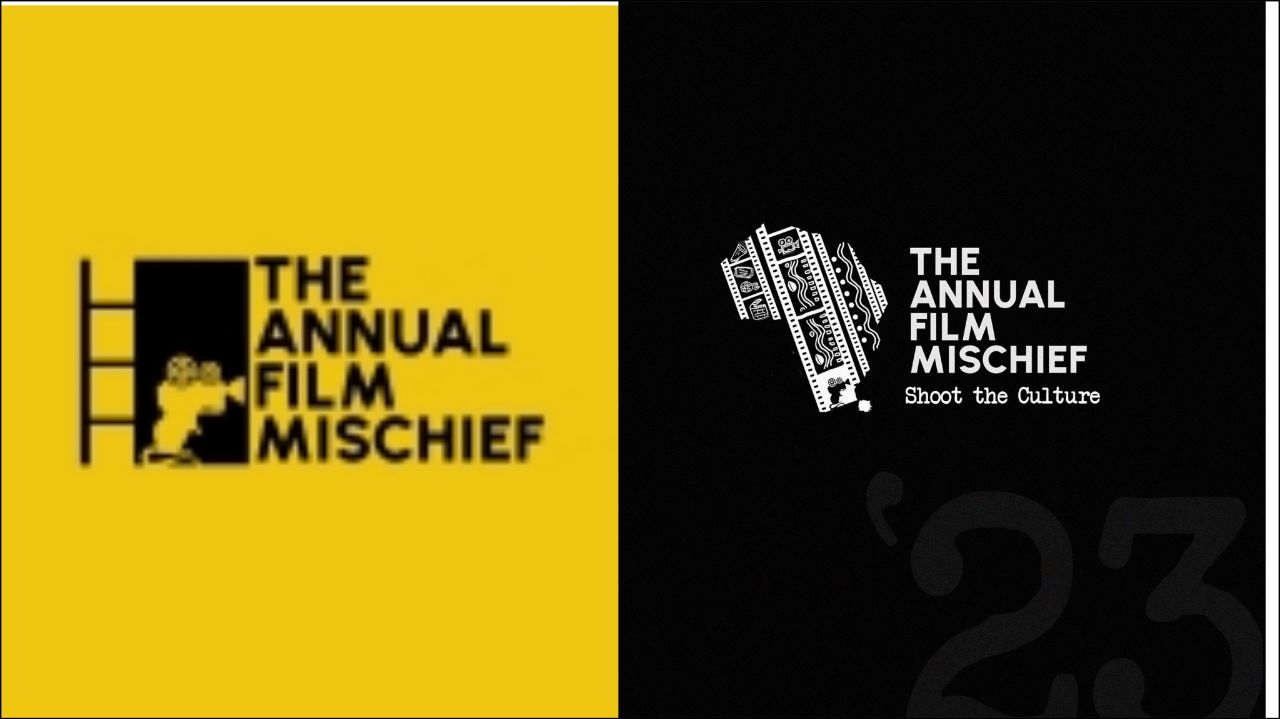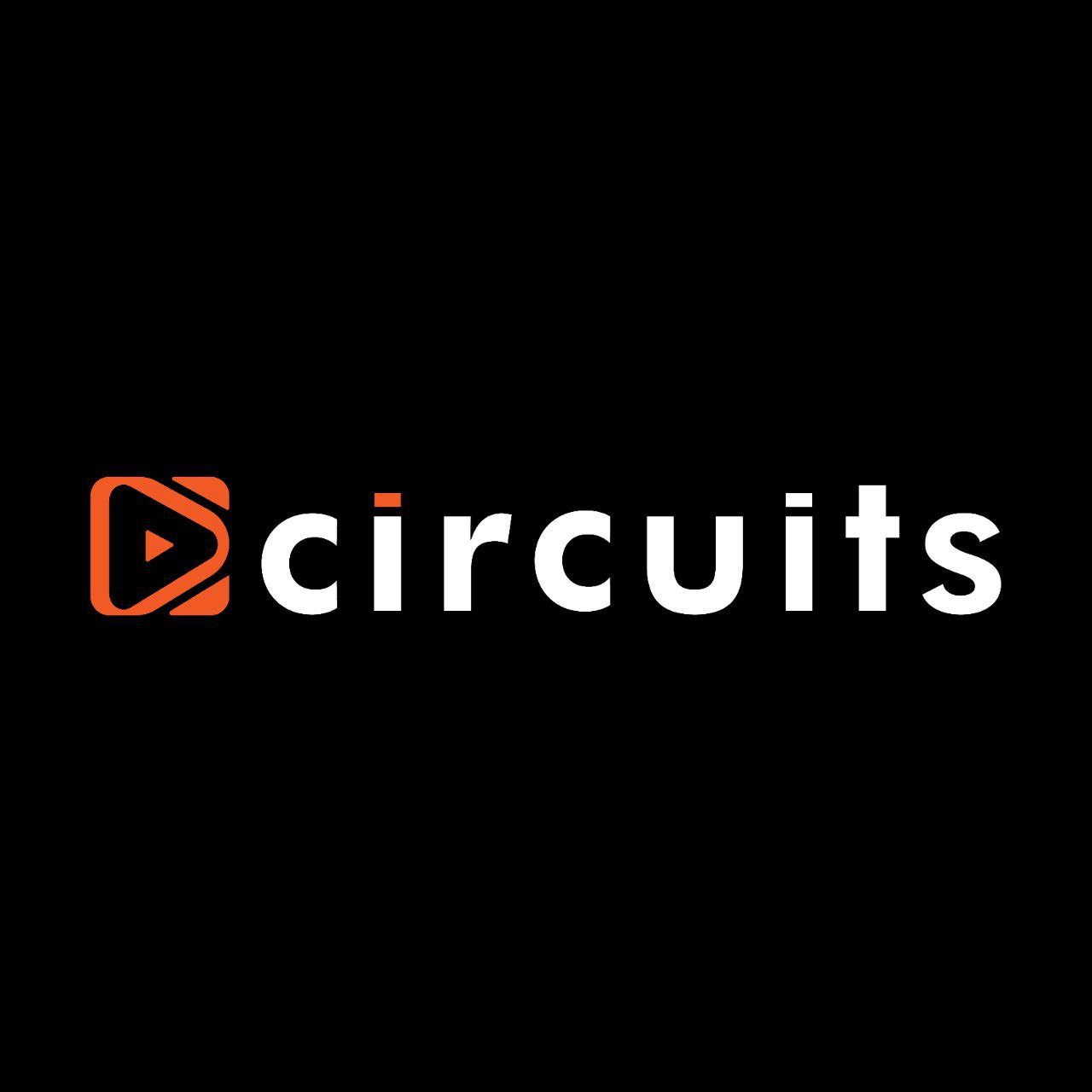The simultaneous rise of Nollywood-themed talk and variety shows is no coincidence. It points to an industry entering a new phase, one where a few are pushing to value introspection as much as output, legacy as much as limelight.
“I hope it inspires more community building, more self-aware, self-critical, and globally minded Nollywood, one that’s not afraid to look inward,” Nkem Marchie, creator of Nollywood Roundtable, says.
Alongside Nollywood Roundtable in this talk show era, we have had Running Lines, produced by Demi Banwo and Onyinye Odokoro; Keeping Up With Cinephiles and Films That Lit My Fuse, helmed by What Kept Me Up; Flashlights, Action!, crafted by ArcXtra Studios; and Tope Olowoniyan’s Lights, Camera, It’s My Turn, amongst others.
Nigerian audiences are not unfamiliar with variety and talk shows. Across eras from TV to streaming, we’ve had shows like Project Fame West Africa, Ndani’s TGIF Show, The Teju Baby Face Show and, most recently, Cruise TV’s offerings, which include Guess the Couple and 50 Singles Go Speed Dating. However, shows that put the limelight on Nollywood, like the aforementioned ones, have been infrequent. With their arrival, these shows present Nollywood creatives in a different light—away from overly controlled performance.
(Click to Follow the What Kept Me Up channel on WhatsApp)
In the pilot episode of Running Lines, Teniola Aladese and Efa Iwara discuss impostor syndrome. For most creatives outside the spotlight, this is a phenomenon they often contend with, but for two AMVCA nominees, it might seem far-fetched. Aladese and Iwara both confess to carrying the weight of impostor syndrome. For Iwara, it has stopped him from watching himself, and for Aladese, her avoidance of premieres stems from the syndrome. During this candid conversation about their struggles, a kind of humanisation occurs. It is like heavenly creatures descending to earth to bare themselves like mere mortals.
There is often a disconnect between actors and the general public. The public tends to pedestal them or extricate their humanity, such that their words lack caution when speaking about these actors. By bringing their vulnerability to the forefront, the public is persuaded to look and see the other sides of their humanity.
In revealing humanity, these shows also reveal complexity. “It reveals the behind-the-scenes complexities that audiences rarely see; the tensions, trade-offs, and thought processes that shape the films they watch,” as Nkem Marchie puts it. “It shows that Nollywood isn’t just driven by glamour or hustle, but by people wrestling with big questions about art, commerce, culture, and identity.” It peels back the curtain and makes room for empathy, self-reflection, and deeper connection.
These shows don’t just provide personal access; they also allow the public to see the thinking that goes into creative work. “I don’t think our actors are engaged on an intellectual level a lot,” Demi Banwo affirms. By foregrounding the artists’ ideas, challenges, and processes, these shows help the audience appreciate that creatives are not just performers; they are thinkers too. This dimension of personality showcasing matters; it expands how the creatives are seen.
This humanization is also a guiding principle of Flashlights, Action! “Actors are often seen in very controlled, scripted environments, and while that is great for storytelling, it doesn’t always showcase their full personalities,” Michael Fashina, founder of ArcXtra Studios, states. The show allows actors to engage in their craft in a low-stakes environment that encourages expression of self, with segments like Scene Dive where actors reenact scenes. In one episode, Chimezie Imo and Uzoamaka Onuoha act out a criminal investigation, while in another, Sharon Rotimi and Kanyin Eros are challenged to hold a convincing conversation in gibberish. Actors are looser and freer on the show and this freedom is essential as it aids their humanisation.
Moreover, filmmakers are made relatable when they kick off their shoes and relax in an abode that places leisure as a prerequisite. These shows give Nollywood a dynamic look marked by accessibility and audience relationship building. WKMUp’s Keeping Up With Cinephiles invites movie enthusiasts to discuss the industry. This invitation is not just an act of goodwill but highlights the industry’s heart for the people who keep its parts oiled.
Alongside relatability, these shows foster camaraderie—both vertically between filmmakers and fans and horizontally within the industry itself. Just by listening to colleagues expatiate on their filmmaking journeys, a connection is formed, birthed by an understanding of their experience as it is unique to theirs. For creatives who are often caught up in the fast pace of work and the pressures of celebrity culture, this connection becomes a kind of refuge, a space to breathe, cool off, and simply be. It not only offers moments of relaxation that support their mental health but also builds a support system they can lean on, reminding them they are not alone in the chaos.
This is especially potent in shows that are laser-focused on the industry and the craft. Running Lines and Nollywood Roundtable serve as a bridge between the many parts that bring a film to the screen. When creating Running Lines, Demi Banwo noticed this gap: “I’ve realised that the different areas of work in this industry don’t understand each other. Actors don’t understand producers. Producers don’t understand directors. Directors don’t understand producers. But if you understood what this other person has to do to get their job done, maybe you would be a bit more sympathetic.” These conversations are not just about bonding but also about building a more collaborative and knowledgeable ecosystem.
“It was important to create a platform like Nollywood Roundtable because so much of the industry’s growth has happened without enough collective reflection,” adds Nkem Marchie. “By bringing different voices—filmmakers, critics, actors, producers—into one space, we’re able to capture a fuller picture of Nollywood’s evolution. These conversations help bridge gaps, challenge assumptions, and spark ideas that might not emerge in isolation.” Participants of this world are given the chance to impact it through dialogue, “beyond surface-level praise”, as Nkem puts it.
That vision adds an archival dimension to these shows. They’re not just entertainment or community hubs—they’re repositories. “What guides any part of our work at What Kept Me Up is documentation,” says Ikeade Oriade of WKMUp. These shows document the inspirations propelling filmmakers, their growing pains, their approach in solving the issues affecting the industry, their joys and achievements. They are also taking into account the film culture of the industry—the audience, how they interact, and the intersection between filmmakers and fans.
Nkem echoes this, noting that Nollywood Roundtable is “about creating a cultural archive that captures the spirit and struggles of the industry in this moment, alongside inviting new investments, new consumers and solutions to challenges.” But for her, it goes even further. “At its heart, Nollywood Roundtable is about industry reflection with purpose—it’s a space to pause, assess, and ask the hard questions. It’s rooted in casual debate, yes, but also strongly in vision-building. The goal isn’t just to talk about where Nollywood is, but to imagine where it could go and how we get there, together.”
By casting a light on Nollywood, this genre of shows demands that we look at our film industry—look at how deep our love for films runs. As Ikeade Oriade, the founder of What Kept Me Up, puts it, “We want more people to come to understand that there are people out there who love films this much beyond being mindless entertainment.”
Become a patron: To support our in-depth and critical coverage—become a Patron today!





